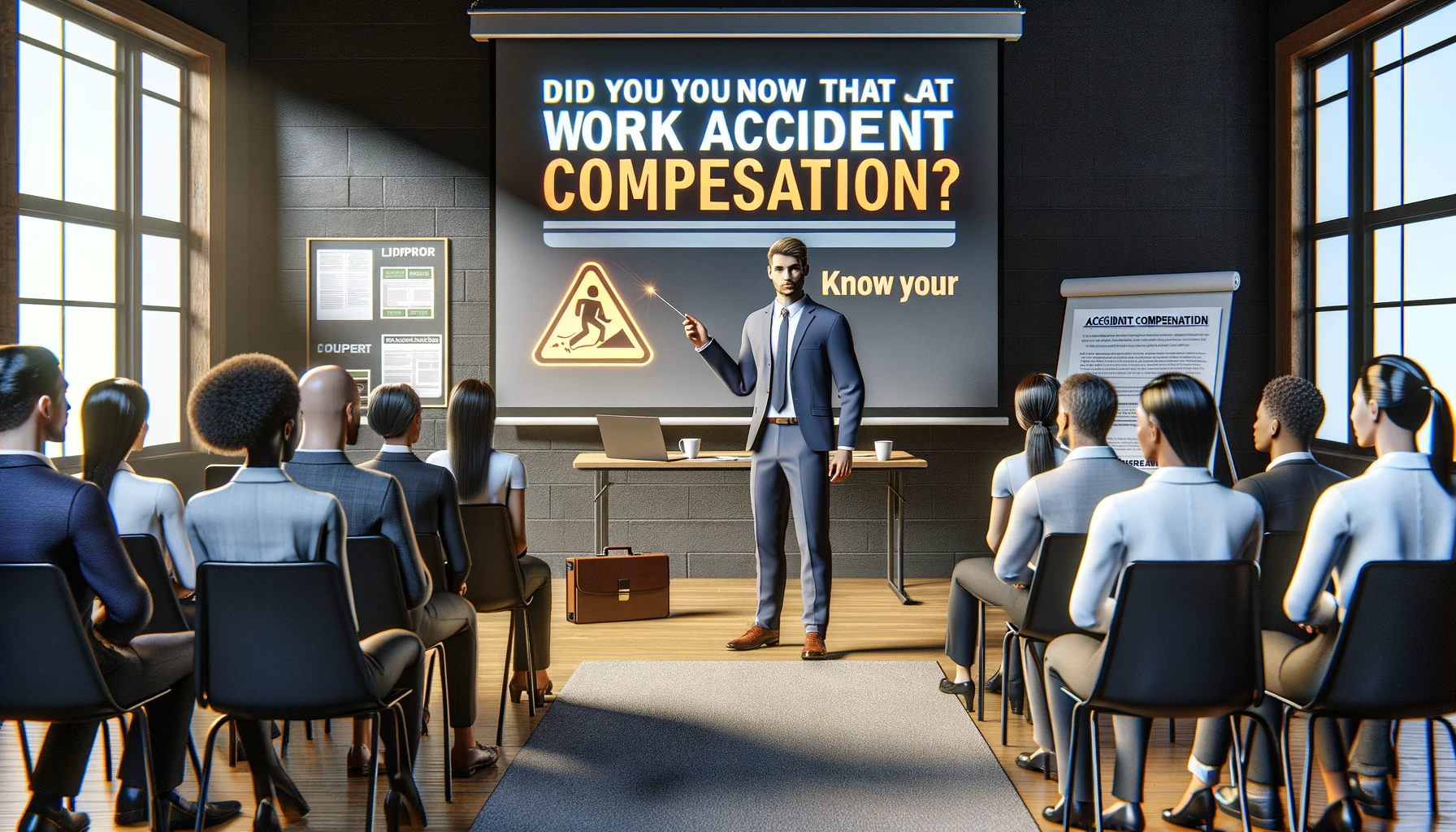Facing a workplace accident can be an extremely difficult situation, especially if the worker does not have social insurance. This article aims to provide a comprehensive guide on labor rights, relevant legal measures, and essential steps to follow in such a scenario, ensuring that workers are well-informed and prepared to face these challenges.
General Context of Workplace Accident
A workplace accident is defined as any injury or illness that occurs as a direct result of work activities. These incidents not only have personal consequences for the affected worker but also impact at a social and economic level, affecting productivity and generating costs in the healthcare system. It is crucial to recognize that such accidents can occur in any sector and to any worker, regardless of their social insurance coverage.Workers' Rights
All workers, even those without social insurance, are covered under certain labor laws and regulations. These laws guarantee fundamental rights such as a safe working environment and access to emergency medical care in case of accidents. Moreover, in many jurisdictions, provisions exist to compensate workers for injuries suffered due to negligence or lack of adequate safety measures in the workplace.The Situation without Social Insurance
Lacking social insurance at the time of a workplace accident introduces additional complexities, especially regarding access to medical services and compensations. However, this does not eliminate the worker's rights to seek legal remedies and receive necessary medical care.Immediate Post-Accident Steps
Immediately after a workplace accident, it is vital to report the incident to the employer, seek medical attention, and thoroughly document the event, including photos of the accident site, witness testimonies, and medical records. These documents will be crucial in any subsequent legal or claim process.Seeking Legal Advice for Workplace Accident
Obtaining legal advice is a crucial step. A lawyer specialized in labor law and workplace accidents can provide advice on rights and available options, including the viability of filing a lawsuit against the employer or responsible third parties.Negotiations and Claims
The process of claims and negotiation may differ for workers without social insurance. It may be necessary to negotiate directly with the employer to obtain compensation. Here, the assistance of a lawyer is vital to ensure a fair and adequate agreement.Options for Medical Coverage
For those without insurance, it is important to explore all available medical coverage options, such as government programs, community clinics, or medical care in public hospitals. Flexible payment agreements with private medical service providers can also be considered.Protection of Rights and Prevention
Preventing accidents and protecting labor rights are fundamental. Workers should be aware of safety regulations in the workplace and advocate for a safe work environment. Additionally, it's important to know and exercise labor rights to prevent abuses or negligence.Testimonials and Real Cases
Testimonies from workers who have experienced similar situations can provide valuable and practical perspectives. These real-life stories help to better understand the legal processes and negotiation strategies, as well as offer a sense of solidarity and support.Importance of Family and Social Support
The support of family and the social network plays a crucial role in the worker's recovery. Emotional and practical support from loved ones and communities can be a determining factor in physical and emotional recovery.Practical Tips
Advice based on legal knowledge and real experiences is offered, aimed at guiding workers in this difficult situation. These tips range from how to approach negotiations to how to handle the stress and emotional impact of the workplace accident.Summary of Key Points
This summary recaps the most crucial aspects discussed in the article, providing a clear and accessible guide for any worker facing this situation.Conclusion
The conclusion highlights the importance of being informed, prepared, and proactive in defending labor rights, especially in the context of a workplace accident without social insurance. This knowledge not only assists in the recovery process but also empowers workers to advocate for safer and fairer working conditions.Look for an attorney who has the right legal resources for your legal needs.
Contact us here on the Warmuth Law website or through our hotline 888-517-9888.













